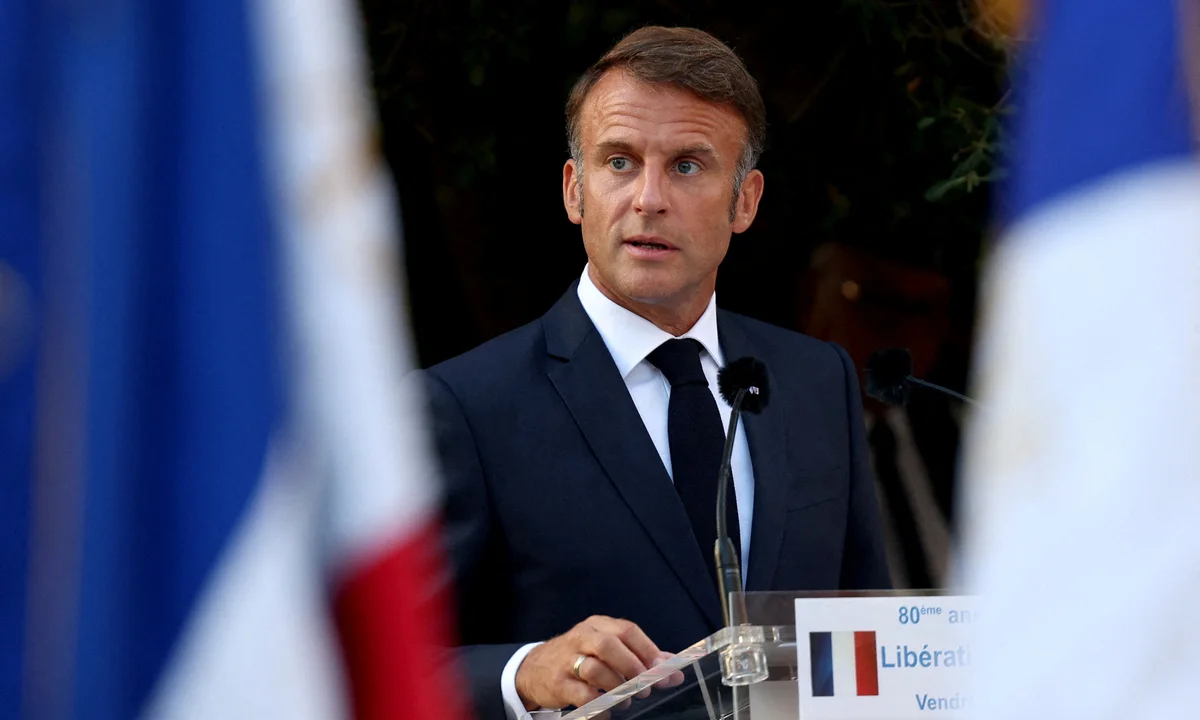Macron Faces Internal Revolt as Former Allies Criticize Leadership Amid France’s Political Deadlock
Macron Faces Internal Revolt as Former Allies Criticize Leadership Amid France’s Political Deadlock
By
David Goldfarb
Last updated:
October 9, 2025
First Published:
October 9, 2025

Photo: The Guardian
France’s political crisis has taken an unexpected turn as allies of President Emmanuel Macron openly criticize his handling of the deadlocked National Assembly, raising questions about the stability of his government.
The resignation of Prime Minister Sebastien Lecornu highlighted a new dynamic: this crisis is not driven solely by opposition forces but also by Macron’s former allies, who have played a significant role in toppling the administration.
Rising Criticism from Macron’s Inner Circle
Gabriel Attal, Macron’s former protégé and youngest-ever prime minister when appointed in early 2024, has been particularly vocal. Now leader of Macron’s centrist parliamentary group, Attal stated on national television, “Like many French, I no longer understand the president’s decisions,” criticizing Macron for maintaining strict control over government actions.
Former prime minister Edouard Philippe, who led Macron’s first term for three years, called for an early presidential election, describing the situation as a “woeful political game” and a “crisis of the state.” He warned that allowing the deadlock to continue for another 18 months would be disastrous for the country.
Elisabeth Borne, who served as prime minister between May 2022 and January 2024, added to the growing chorus of dissent by proposing the possible suspension of the controversial pension reform. The reform, which raised the minimum retirement age from 62 to 64, remains a contentious issue, facing opposition from both the left and far-right.
Pension Reform: A Potential Path to Resolution
Suspending the pension reform could provide a framework for negotiations with the Socialist Party and potentially avert a dissolution of parliament. However, reversing the high-profile reform would carry significant political symbolism, marking a major setback in Macron’s legacy. Analysts suggest this could be a necessary concession to prevent a deeper institutional crisis that might weaken public trust in French governance.
Implications for Macron and French Politics
The internal revolt represents a new challenge for Macron, whose government has historically relied on the support of centrist allies to maintain control. With multiple former prime ministers publicly dissenting and the National Assembly gridlocked, Macron faces increasing pressure to find a solution before public confidence erodes further.
Observers note that this unprecedented internal dissent, combined with ongoing public frustration over pension reforms and economic pressures, could shape the trajectory of French politics well beyond the current legislative session.
The unfolding crisis underscores the delicate balance Macron must strike between political control, policy compromise, and public approval, as both the president and his government navigate one of the most turbulent periods in recent French political history.
Popular articles
Subscribe to unlock premium content
The Rise of Silent Walking Tours in Historic Cities

The Rise of Ultra-Niche Cooking Classes Focused on Historical or Regional Recipes

The Rise of One-Person Dining Experiences for Ultra-Introverts in Major Cities

The Rise of Silent Walking Tours in Historic Cities

The Rise of Ultra-Niche Cooking Classes Focused on Historical or Regional Recipes

The Rise of Silent Walking Tours in Historic Cities









